Spiritual Training in a City Full of Potential Buddhas
Ai Yamanaka
April 25, 2022
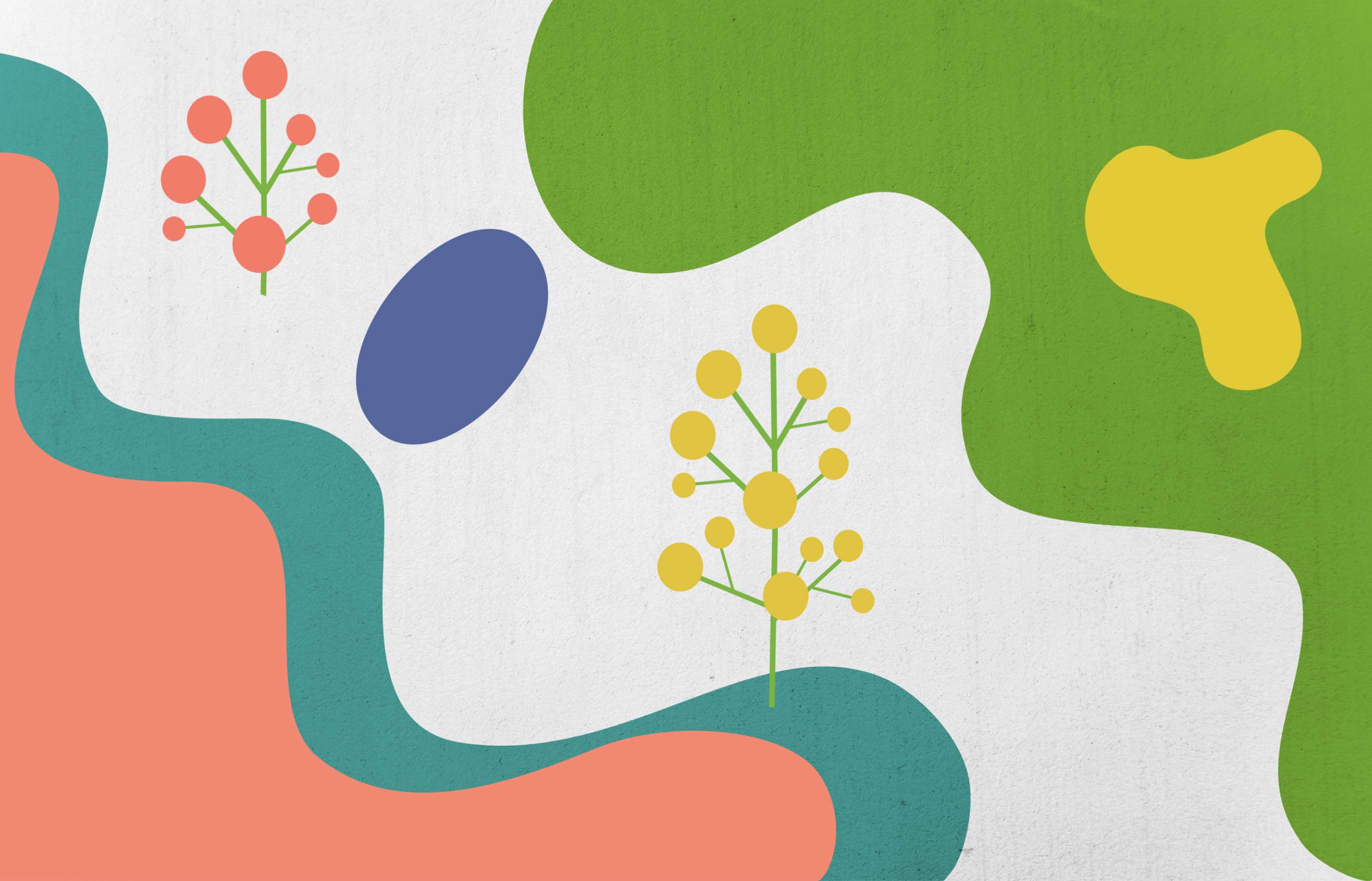
I grew up in New York City. A city with a lot of character. And characters. People come here from all over the world for opportunities—to make money, to leave a mark, to introduce bold new thinking. It is this amazing city that has given rise to Jane Jacobs, Ruth Bader Ginsberg, and Langston Hughes; to hip hop, Broadway, and the best lox bagel in the world. But it is also a city that was founded on the blood of the Lenape, Rockaway, and Canarsie Native Americans, a city that’s endured two terrorist attacks, and a city with one of the greatest wealth disparities in America.
Spiritually, you can say that New York City is a very challenging training ground for your buddha nature. Many people have suffered from violence and human inequity here. Many still suffer: from failure to fulfill their human-centered ambitions for fame and wealth, from generations of institutional inequity, from senseless violence and others’ karmic burdens. I have heard people say that, in a spiritual sense, this city feels “heavier” than many other cities. Perhaps it is the weight of people and spirits seeking some form of spiritual relief. Returning from a visit to the head temple (Oyasono) in Japan, where the grounds are sacred, people are kinder, the air purer, it’s sometimes difficult for me to feel positive about this city that can be so harsh and unforgiving.
I grew up here, but my parents didn’t. They emigrated to New York right before I was born, from Japan, about 30 years ago. They weren’t confident in their English-speaking, so growing up, I often acted as their translator. When we went to restaurants, I’d order for all of us, or if there was a scary-looking bill in the mail, I would read it, look up words I didn’t know, and try to explain the contents to them in Japanese.
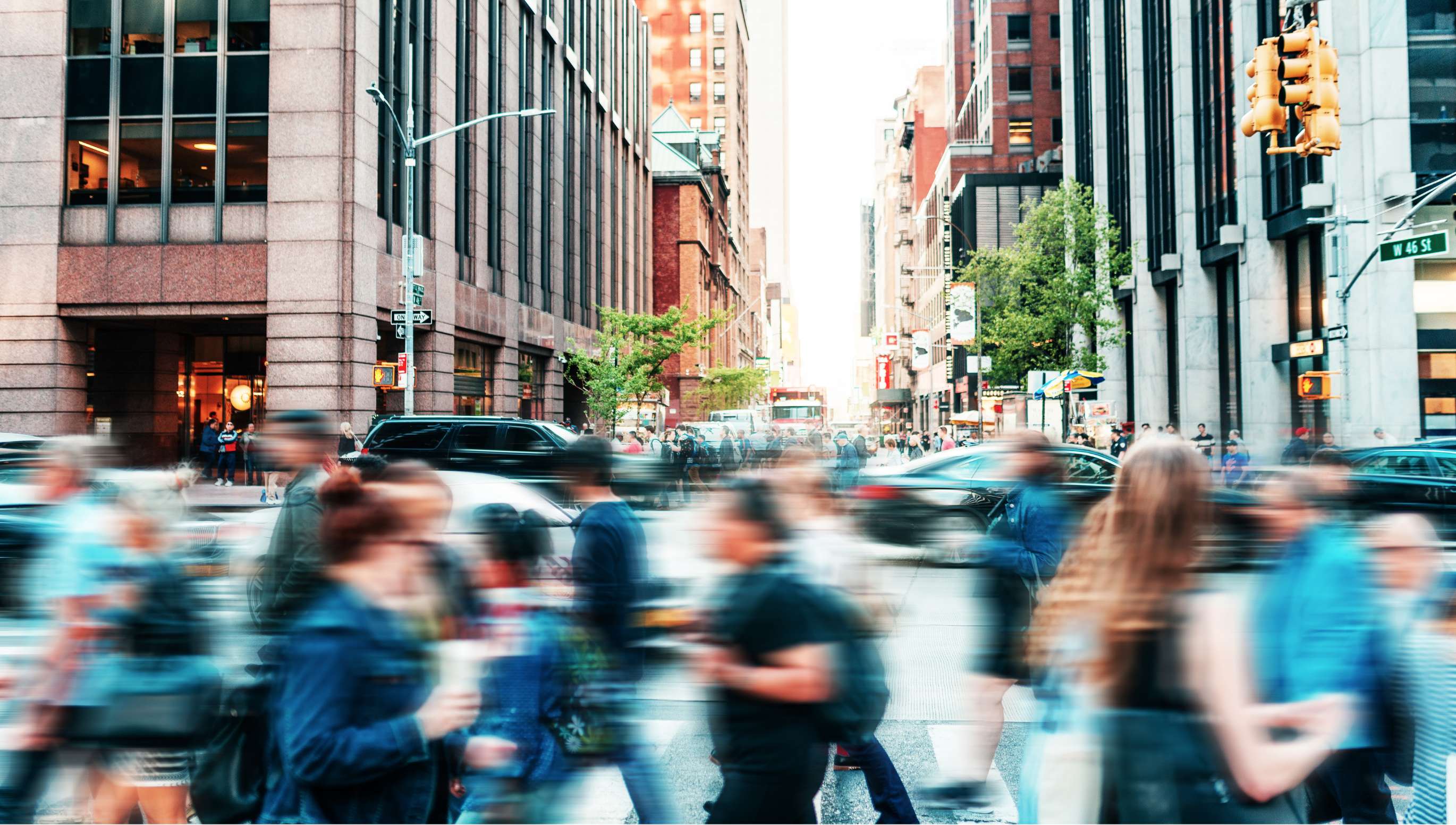
It was in college, in a public policy class, where I learned that my parents, who for various reasons never became fluent in English and worked long, hard hours, were considered part of a “vulnerable population.” “Vulnerable populations” in the United States include people of color, immigrants, the uninsured, and low-income folks who tend to face more institutional barriers to success—from falling victim to predatory lending, lacking access to adequate health care, and facing discriminatory housing policies, among other insidious daily and systemic injustices still within American society.
Spiritually, you can say that New York City is a very challenging training ground for your buddha nature.
And so I became defensive. I vowed to protect my parents; to never let them fall victim or prey to the “system” that feeds on the disadvantaged. I vowed to use my education as a weapon, to face anyone that might try to take advantage of them in any way with facts, arguments, and aggressive negotiation. By trying to do this to protect my parents from what I believed was the unfairness of the world, I drove myself (and probably them) crazy. I insisted every letter from the bank or utility or hospital I read, to make sure there weren’t any suspicious charges or any attempts at fraud. In doing so, and trying to juggle my own personal and professional life, I grew stressed and agitated. I lost any semblance of joy in being able to be so close to my parents, in having such loving parents in the first place. I grew distrustful of systems in America, of rude, and at times, prejudiced and ruthless people in New York City who I thought were trying to take advantage of us.
One time I recall going to a used car dealership with my parents to help them buy a car. I was nervous. I believed in the stereotype that used-car dealers resorted to sly business tactics to squeeze more money from their customers. So, I researched for days beforehand to be prepared for all of the tactics they might try; to know financing inside and out and to know how they might try to take advantage of us. When we went to the car dealership, all I kept thinking about was which tactic was this salesperson going to try? How can I outsmart them? I was so obsessed about this that I barely spoke to the car salesman like a person. I was there to negotiate and that was it. Me against him. Us against the world. At the end of it, we had gotten a reasonable deal on the car, and on the way home, I broke down and cried. I was so tired, and so stressed with having to have my guard up the entire time. Seeing this, I recall my father saying, “It’s ok, you don’t have to be so hard on yourself; at the end of the day, I’d rather be the one duped than the one doing the duping. So iijanaika (Isn’t it ok?) if someone might try to take advantage of us.”
I was so obsessed about this that I barely spoke to the car salesman like a person. I was there to negotiate and that was it. Me against him. Us against the world. At the end of it, we had gotten a reasonable deal on the car, and on the way home, I broke down and cried.
Longtime New Yorkers will tell you that the city hardens you. It teaches you to keep your guard up, and to not let others take advantage of you. However, I think of Shinnyo‑en’s founder, Shinjo Ito. Master Shinjo experienced betrayal by his most trusted disciples. Yet, he still took it as a reflection of himself from the buddhas, and it did not harden him as a person. He was still incredibly open-hearted; welcoming all, trusting all, again and again.
So I realized that real New Yorkers aren’t the ones that are hardened. The real New Yorkers come out at the 34th street subway station when a band of musicians are playing an ensemble to a dancing crowd. When a giant, tattooed man gently smiles, and says, “Here, hun, take my seat.” It’s when you go into your same bagel store, see your same coffee cart guy, and they know your order, and greet you warmly. It’s when you walk down the street and you hear three different languages being spoken, loudly, and no one on the street even blinks an eye or thinks it strange. It’s the thousands of people that volunteer their time at our city’s homeless shelters and food pantries. It’s in the parades and marches and the millions of people in this city who get through each day with humor and unapologetic directness and genuine kindness and creativity.
Like Master Shinjo, a real New Yorker doesn’t let the city harden them.
The current head of our spiritual tradition, Her Holiness Shinso, wishes for Shinnyo‑en to be a global path; she continues to encourage us to “ganbaru,” to not give up despite challenges, and to know that she and the Shinnyo founders are always supporting us. They are with us always, in the sanctified air of Oyasono, and in the subways of NYC. They are here with us encouraging us to support others and help them awaken their buddha nature, because no matter how “hard” people might seem, they all have the capacity to be buddhas.
So, NYC is a city filled with potential buddhas.
I grew distrustful of systems in America, of rude, and at times, prejudiced and ruthless people in New York City who I thought were trying to take advantage of us.
So, each and every day, whether we are at work, home, school, or in transit, we have an opportunity to endeavor in shinnyo acts for others; connecting our intentions with the Shinnyo founders and trying our best to serve others, to make one more person’s day better.
I am grateful that we have the opportunity at Shinnyo‑en to offer prayers to transfer merit to unconsoled spirits, that amidst all of the suffering and secular politics in the world, as Shinnyo practitioners, our prayers and efforts are like acts of spiritual activism, consoling spirits and all beings equally and without distinction, for the peace of the city and the world.
Even in circumstances where Buddhist precepts appear not to be relevant—like in a business negotiation—I chant “Namu Shinnyo” and align my intentions with the Shinnyo founders. I hope to work on building positive karma by going beyond attachments to money and other material goals. And I negotiate like a Shinnyo New Yorker, with confidence, advocating for what I believe is fair and with an honest intention of acting for the sake of others.
Our path to shinnyo is universal. It is timeless. It is progressive. It trains you how to be the best of you for the sake of others. I vow to be a foundation here, for the city and the sangha that bore and raised me, to express the heartfelt wish of the Shinnyo founders and to nurture even one more Shinnyo New Yorker.
View more stories
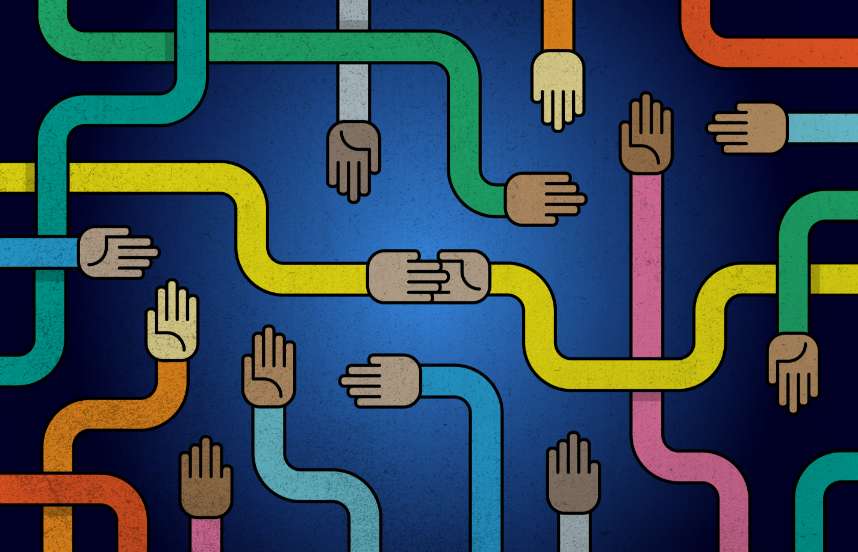
Coming Home
By Amy Leval
Amy, an American living in Sweden, shares the story of how the simple practice of offering merit on behalf of family members that she had never met opened the way for healing and reunion within her extended family.
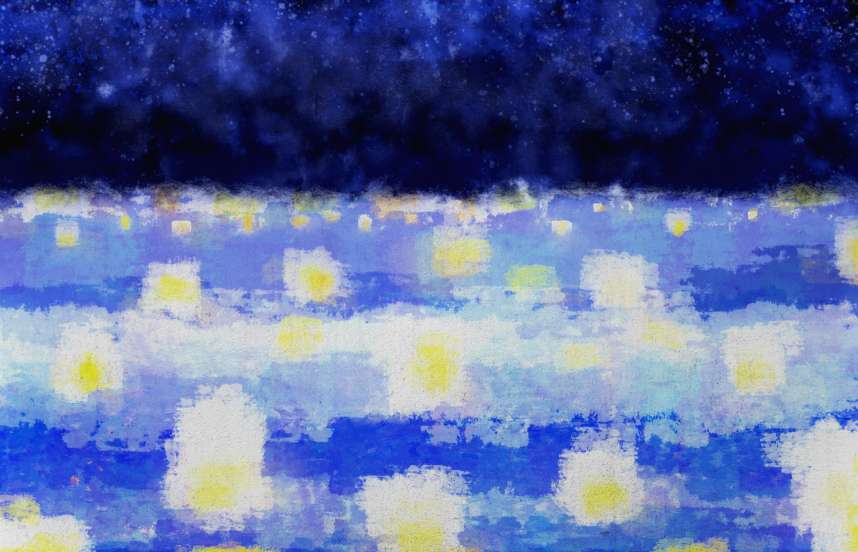
Sending Off the Spirits of the Dead
By Temple Staff Member
In this article from a 1954 Shinnyo-en newsletter, a member of the temple staff describes an early lantern floating officiated by Shinjo and Tomoji Ito. Despite the many decades since it was written, the account will be remarkably familiar to participants of contemporary lantern floatings.
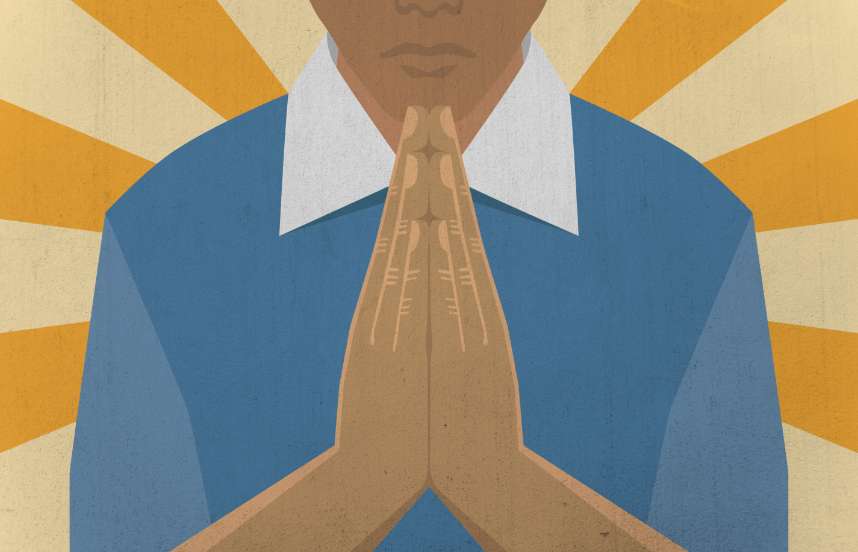
The Spirit of Gassho: Cultivating Gratitude as a Spiritual Practice
By Her Holiness Shinso Ito
Her Holiness likens living a true spiritual life to greeting others with a reverent expression of appreciation. A spirit of gratefulness for others and all that we have cultivates contentment and joy within us. It is a simple practice that we can only experience in the company of others.
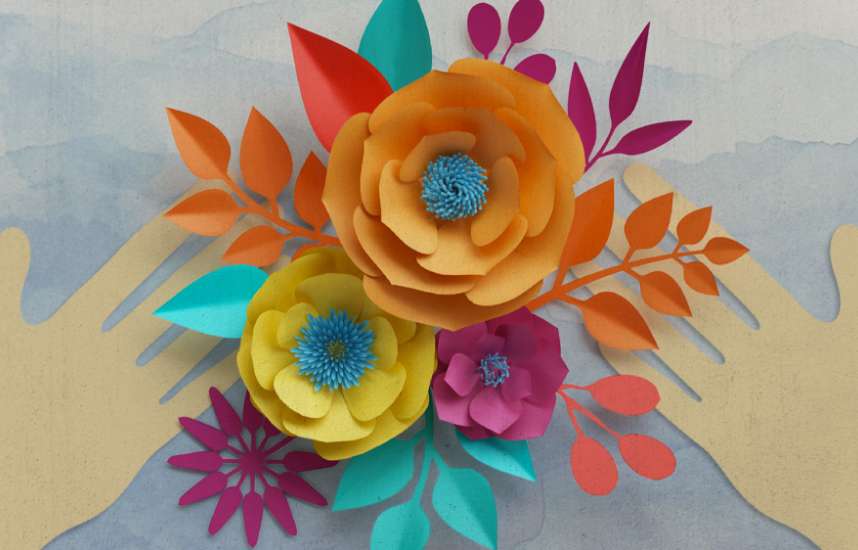
Walking on My Own with Others
By Takako Masuda
Takako Masuda, whose disability once made her introverted and aloof, describes how a warm, encouraging gesture from Her Holiness helped her realize we never truly walk alone.
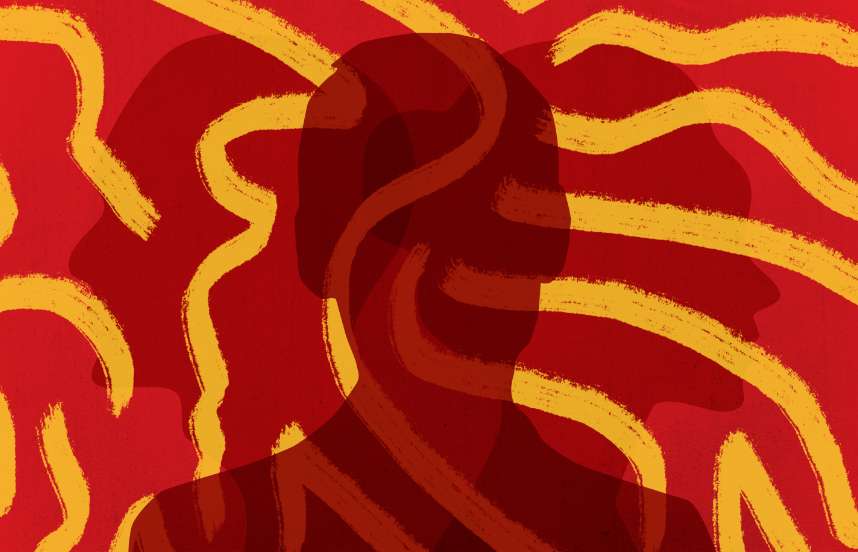
Healing Bitterness with Joy
By Tracy Yang
Tracy Yang, who lives in the United States, shares the story of her family breaking apart, the hardship of emigrating to New York with her mother, how sesshin helped her to uproot feelings of anger toward her and truly see her for who she is, and how with practice, her bitterness turned to joy.
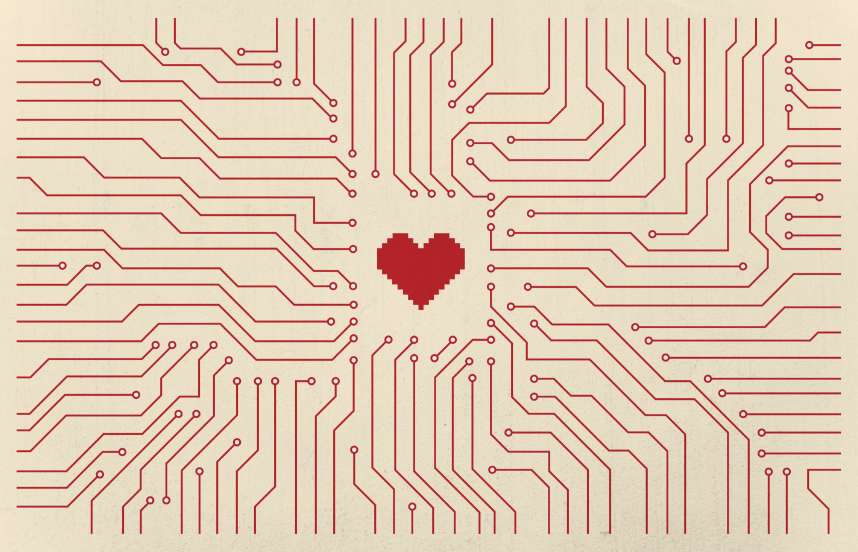
Kindling the Warmth of Shinnyo in One’s Heart
By Nicolas Simonet
French practitioner Nicolas Simonet shares how, even after being a member of Shinnyo-en for a long time and feeling he knew more than others, a crisis in his relationship provided him a mirror to see his own failings, and finally ground his practice in his heart.
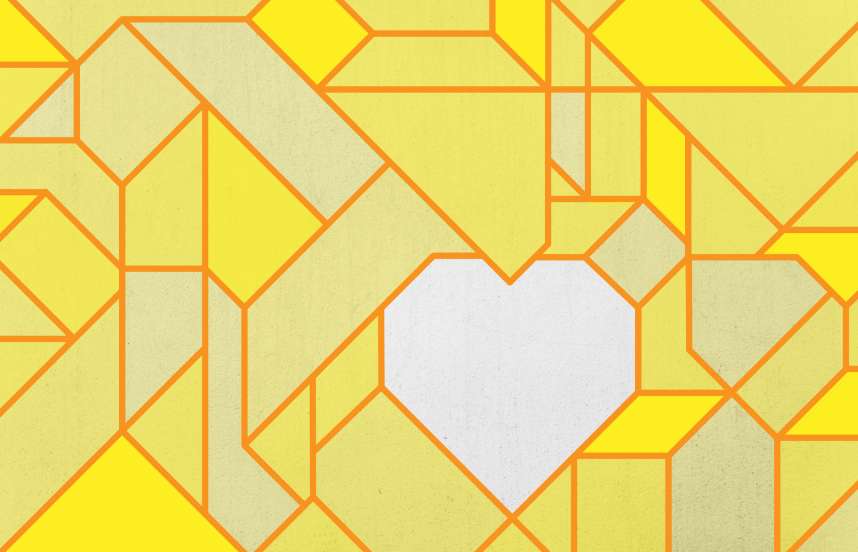
Practicing from the Heart
By Lisa Bandiera
Lisa Bandiera, a member of the Shinnyo-en temple in Sydney, Australia, describes how sesshin invigorated her spiritual practice within her family, and how studying at Shinnyo-en has deepened and enriched her understanding of the faith tradition she was raised in.
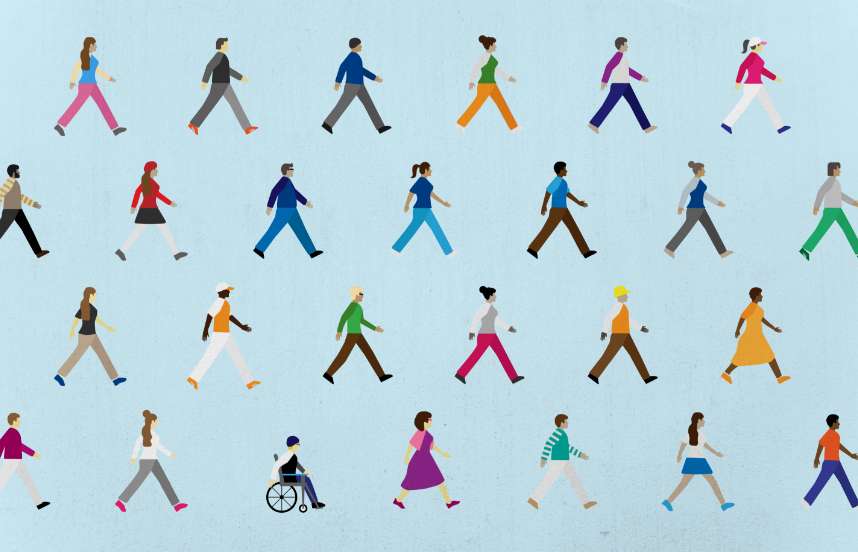
Steadfastly Walking the Path with Others
By Master Shinjo Ito
Master Shinjo Ito, the founder of Shinnyo-en, shares how the image of Achala (“the immovable one”), inspires development of a spirit of loving kindness and compassion toward others in one’s practice that remains steadfast, regardless of circumstances or recognition.
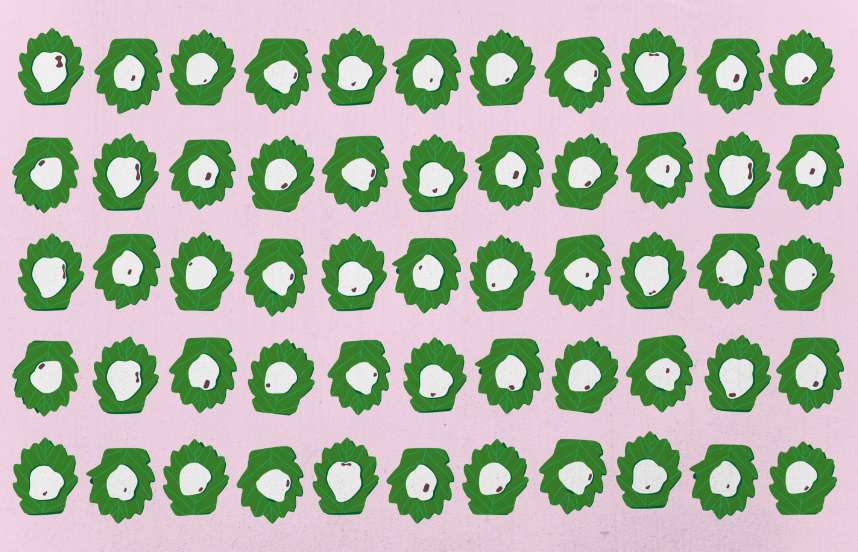
Taking What Is Left
By Her Holiness Shinso Ito
Her Holiness Shinso Ito shares a childhood memory of celebrating “Boy’s Day” with her mother, illustrating how she skillfully taught by example how to express qualities of buddhahood in everyday life.
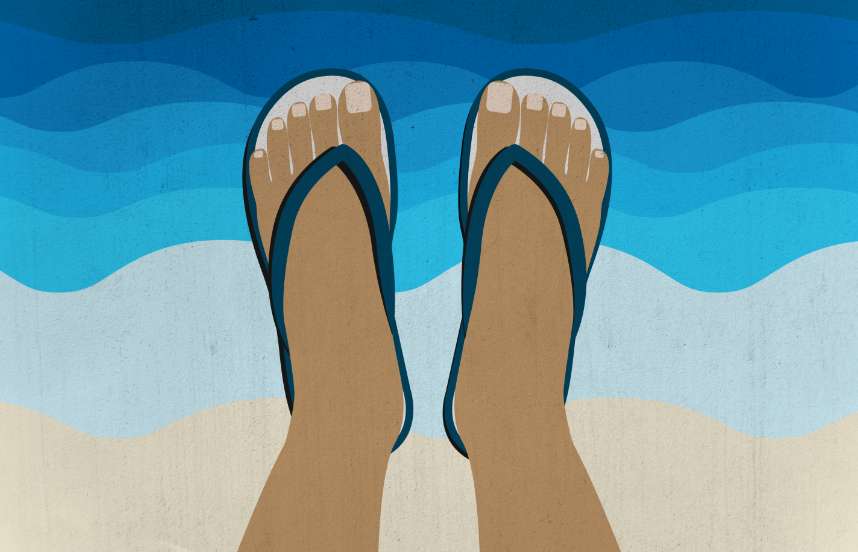
The Longest Journey Begins With the First Step
By Robert Mize
Shinnyo-en member Robert Mize of the temple in Redwood City, California, reflects on how his practice fits into his Christian background, the healing power of mentorship and community at Shinnyo-en, and on how the long-term perspective fuels his practice of small acts of kindness.
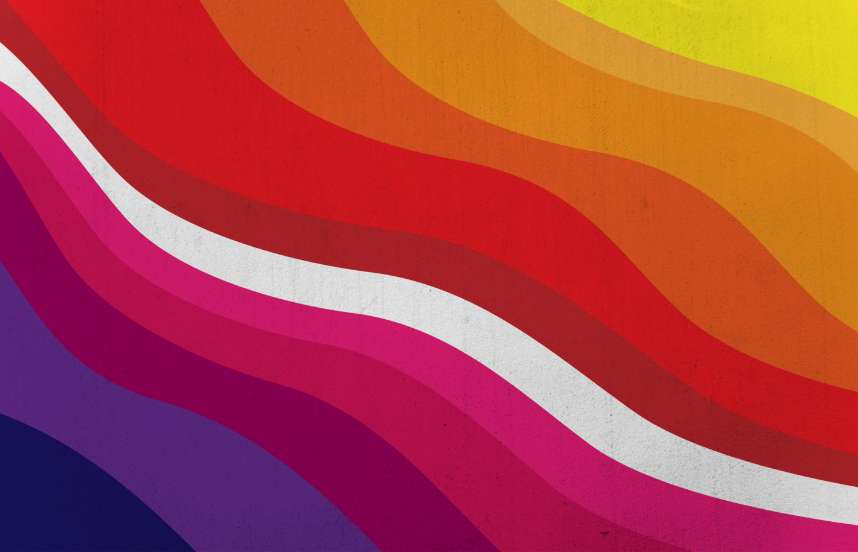
The Transformative Effects of the Shinnyo Path
By Guillaume Riou
French practitioner Guillaume Riou shares his very personal story of practicing Shinnyo‑en, and how the simple act of praying for a cousin’s premature baby opened his heart to an estranged family member, and helped to heal the whole family.
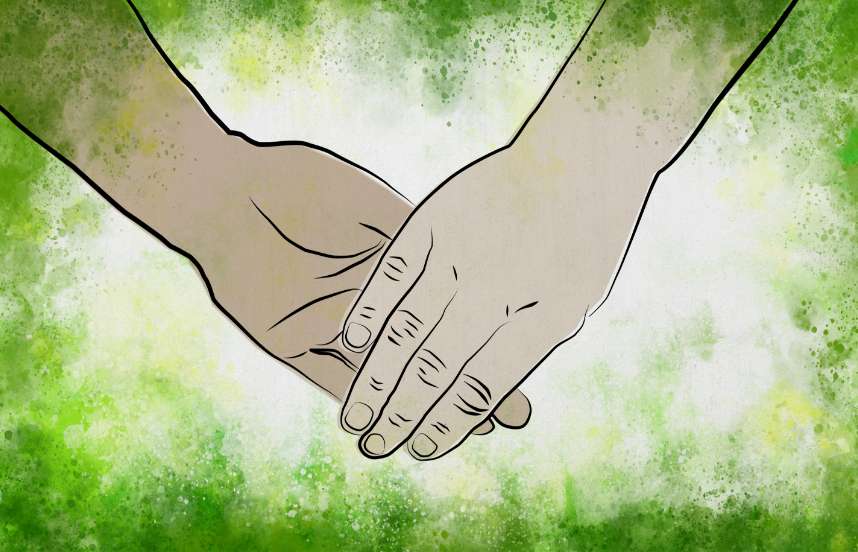
Touching Our Buddha Nature
By Mark S.
Shinnyo-en practitioner Mark, from the United Kingdom but practicing in Japan for the last 20 years, explains how getting in touch with his “buddha nature,” his natural goodness within, helped him recognize the support and friendship of others around him and really be himself.
